Envoy: Iran strongly opposes any use of chemical weapons
Iran's deputy permanent representative to the UN, Zahra Ershadi, says the Islamic Republic, as the main victim of chemical weapons, strongly opposes the use of such lethal weapons by anyone, anywhere and under any circumstances.
Ershadi made the remarks in an address to a UN Security Council session on the situation in Syria on Monday, during which she strongly condemned the use of chemical weapons across the world.
Expressing concern over the serious effects of politicizing the implementation of the Chemical Weapons Convention (CWC) on its credibility, Ershadi said the Organization for the Prohibition of Chemical Weapons (OPCW) should not be exploited for political purposes to help certain countries achieve their goals and that Syria has over the last few years experienced such efforts by some member states.
Ershadi hailed Syria's continuing cooperation with the OPCW and said the Security Council meetings on Syria's chemical case should not be committed to discussing baseless allegations since the government in Damascus has made significant progress in fulfilling its obligations under the CWC.
“Only by completely destroying the entire chemical weapons across the globe and by taking all necessary measures to ensure that such weapons are not created can we be sure that chemical weapons will no longer be used,” Ershadi stressed.
The envoy said the goal has yet to be achieved since the United States, as the only member state in possession of such weapons, is not honoring its obligations regarding the extended deadline for the destruction of chemical weapons.
Ershadi said the other obstacle to the achievement of such a goal is the non-universality of the CWC, adding that the Israeli regime must join the convention immediately and without any conditions in order for the goal to be achieved.
Israel is believed to be the only possessor of nuclear bombs in the Middle East, storing between 200 to 400 nuclear warheads in its arsenal.
The Israeli regime has refused to allow inspections of its nuclear facilities or sign the the Non-Proliferation Treaty (NPT). It pursues a policy of deliberate ambiguity about its secretive nuclear arsenal.
The Western media and governments have repeatedly accused the Syrian government of using chemical weapons.
Syria, however, surrendered its stockpile of chemical weapons in 2014 to a joint mission led by the United States and the OPCW, which oversaw the destruction of the weaponry.
VIDEO | Martyr Soleimani’s legacy inspires pilgrims flocking to Kerman
VIDEO | Rome sit-in decries Palestinian Authority's betrayal of Palestinian cause
VIDEO | IRGC military drills underway in western Iran to boost combat readiness
VIDEO | Scientist-turned anti-hegemonic filmmaker
Yemen slams missile into northern part of occupied territories
VIDEO | An insider's view of the country: Naqsh-e-Jahan Square
Iran Armed Forces confront all violations against the country’s soil: Ground Forces cmdr.
IRGC deploying ‘new weaponry’ during underway Ground Force drills


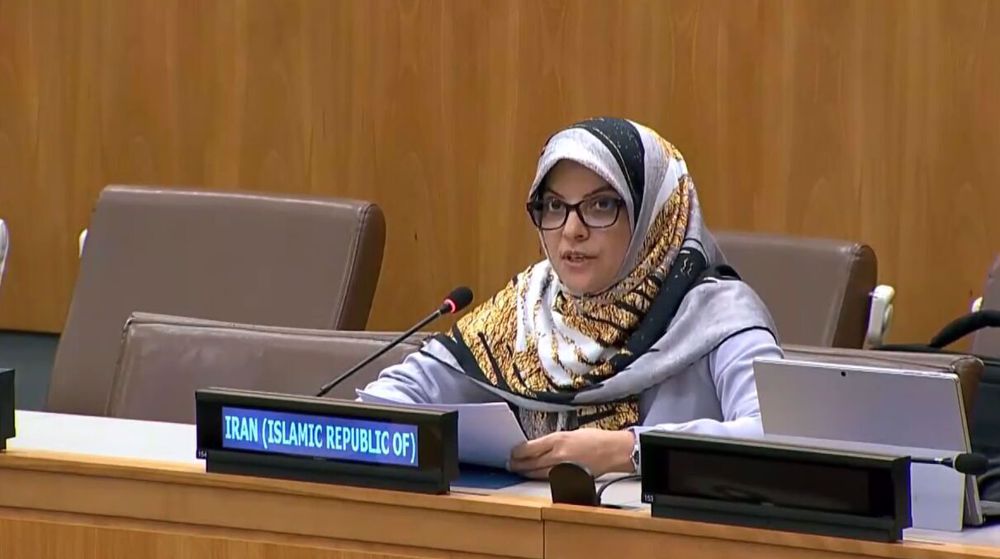
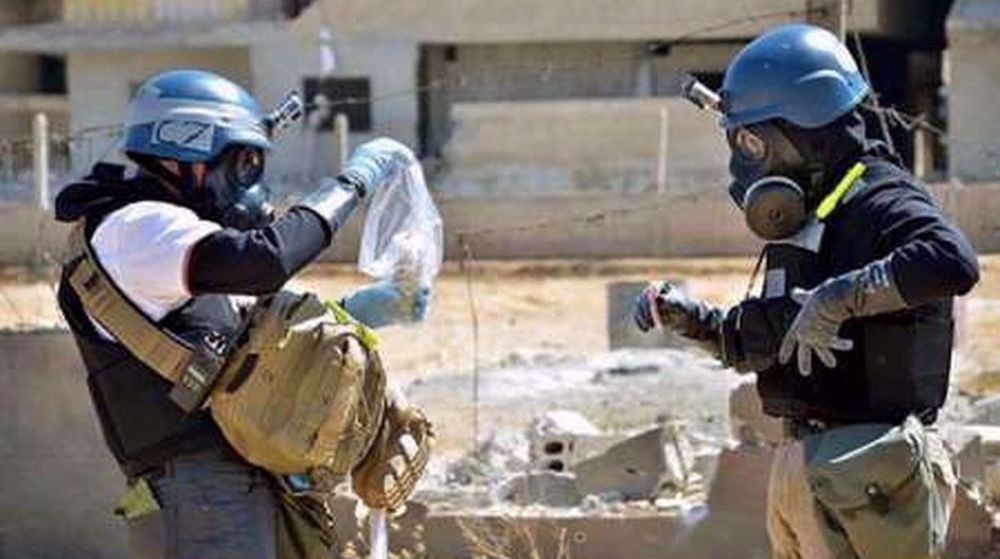
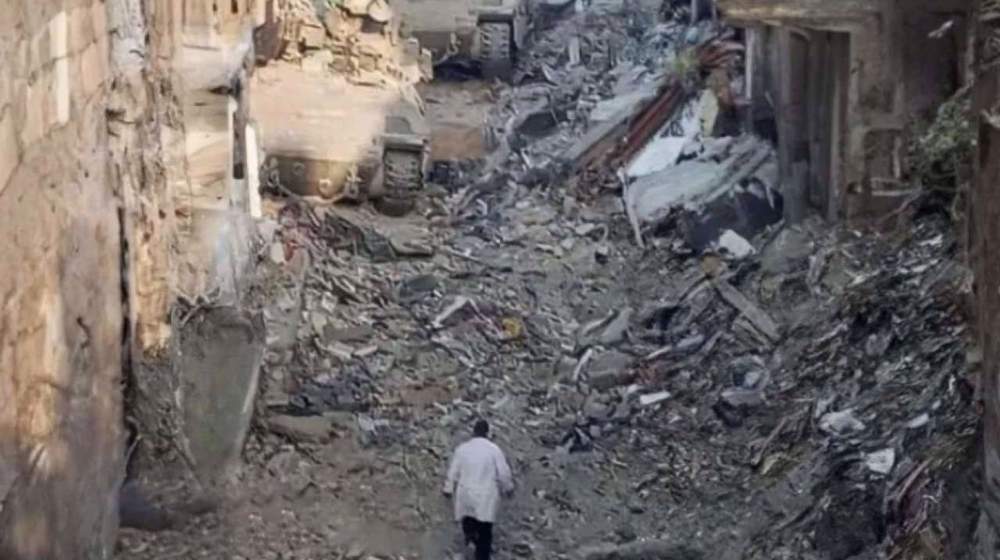
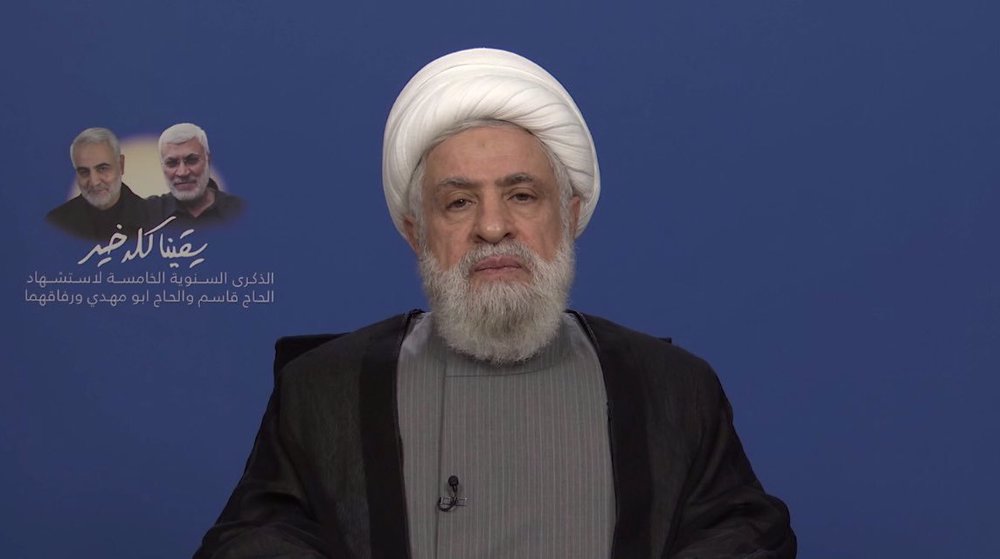
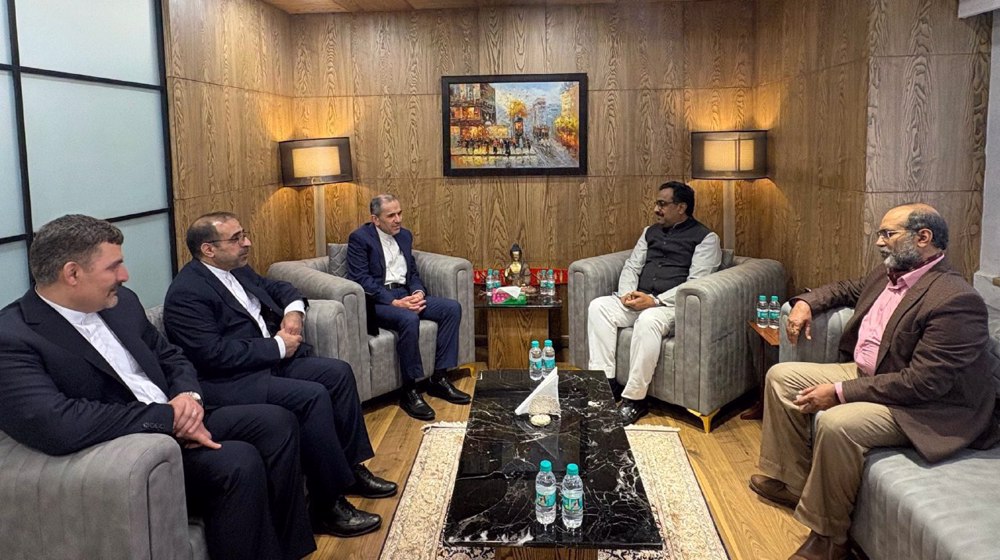




 This makes it easy to access the Press TV website
This makes it easy to access the Press TV website